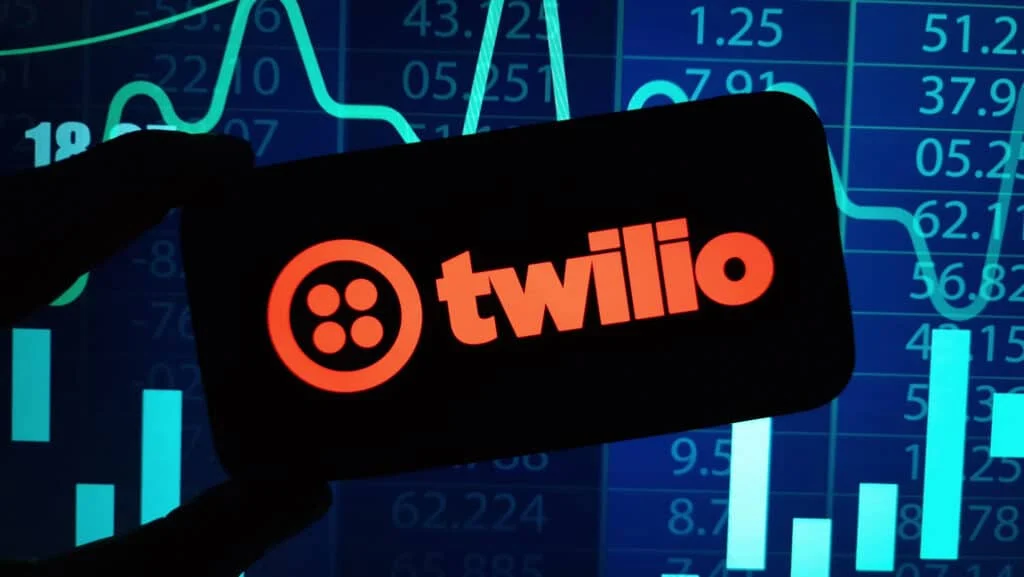The News: Adobe announced in early October that it is making Adobe Photoshop on the web available to new Google Chromebook Plus devices, while expanding availability of its all-in-one creativity app Adobe Express to all Chromebooks, including Chromebook Plus devices. The announcement expands the availability of creative tools, including Adobe Firefly-powered generative AI features to Chromebook Plus users, which include creators of all skill levels, from students to enterprise-based professionals.
The new tools are now available for all Chromebook Plus users, and Chromebook Plus users will also get a three-month free trial of Adobe Photoshop on the web and Adobe Express Premium plan powered by Adobe Firefly.
You can read a blog post about the announcement on the Adobe blog website.
Adobe and Google To Bring Photoshop and Express to Chromebook Users
Analyst Take: Adobe announced it has made Adobe Photoshop on the web available to new Google Chromebook Plus devices. The announcement falls under the Adobe-Google partnership, through which both companies have worked together to bring Adobe Express to some of Google’s most popular devices and platforms, including Chromebook devices for all K-12 students and teachers across the US.
Photoshop on the web is the company’s newly streamlined, browser-based experience inspired by the desktop version of Photoshop that includes the application’s core editing tools, quick actions, and presets, while simplifying the image editing experience for newer creators. Adobe also announced the expanded availability of its all-in-one creativity app Adobe Express to all Chromebooks, including Chromebook Plus devices.
Both applications include Adobe Firefly-powered generative AI features, which are now available for commercial use and to Chromebook Plus users. Adobe Firefly-powered features include Generative Expand and Generative Fill, which allow users to extend images beyond their original edges and add or remove objects with speed and ease. The web version of Photoshop also comes with the Contextual Task Bar, a feature that serves as an onscreen menu, intuitively suggesting the most relevant next steps, thereby streamlining the editing process and reducing the time and effort required to complete tasks.
These announcements are noteworthy for several reasons, and each is important to Adobe’s strategy of serving both creators and enterprise users.
Adobe Makes Generative AI Tools Easily Accessible to the Education Market
In recent years, many K-12 school districts have rolled out Chromebooks to students as an easily manageable and cost-effective technology platform. Chromebooks are less expensive than traditional laptops, contain no moving components, and are therefore less subject to mechanical failures, resulting in increased dependability, longevity, and lower repair costs. Furthermore, because most operations on a Chromebook are cloud-based, there is no need to spend money on hard storage for data.
The availability of Photoshop on the web on Chromebook Plus will help drive new revenue from a segment that previously did not spend on Adobe’s professional suite of products.
Adobe Express Helping To Expand Reach Into Nontechnical Users and SMB Segments
One of the key enterprise benefits of adopting Adobe Express is enabling workers that are not in full-time creator roles to leverage the core benefits of Photoshop via a companion platform. Adobe Express allows users to create, edit, modify, and generate new ideas quickly using Photoshop design assets incorporated in Adobe Express.
This announcement means that Chromebook Plus users will now be able to start editing with Photoshop and later continue the editing in Express. They will get access to thousands of professionally designed Adobe Express templates, generate custom images and text effects with Firefly, and use quick actions to simplify one-click tasks including removing background, resizing image and video, converting to gif, and other editing tasks.
Expanding Adobe’s Reach Into New Customer Segments
Further, making Adobe Express available to all Chromebook users will help expand Adobe’s reach into other segments that might not have purchased Adobe products in the past due to the perceived complexity of the company’s content-generation tools. Indeed, while the Chromebook installed base was certainly fueled by schools purchasing them during the pandemic, research firm Canalys found in 2020 that Chromebooks have also been growing increasingly popular with small- to medium-size (SMB) businesses over the past few years.
The expansion into the Chromebook market will help drive more comfort and familiarity with Adobe Express and other Adobe products among non-enterprise users. In particular, Adobe Express is designed to make it extremely easy to create, modify, and manipulate content, using both manual editing tools and generative AI tools, without requiring specific creative skills or training. The ability to generate and manipulate content assets while seamlessly collaborating with creative teams will increasingly be important as organizations ramp up personalized and bespoke sales, marketing, and support content generation.
Disclosure: The Futurum Group is a research and advisory firm that engages or has engaged in research, analysis, and advisory services with many technology companies, including those mentioned in this article. The author does not hold any equity positions with any company mentioned in this article.
Analysis and opinions expressed herein are specific to the analyst individually and data and other information that might have been provided for validation, not those of The Futurum Group as a whole.
Other Insights from The Futurum Group:
Firefly Announcement Details Adobe Enterprise Generative AI Approach
Firefly, Sensei GenAI Ascendent: Adobe Excels at Generative AI
Adobe Revenue for Q3 2023 Again Sets a Record at $4.89 Billion
Author Information
Keith Kirkpatrick is VP & Research Director, Enterprise Software & Digital Workflows for The Futurum Group. Keith has over 25 years of experience in research, marketing, and consulting-based fields.
He has authored in-depth reports and market forecast studies covering artificial intelligence, biometrics, data analytics, robotics, high performance computing, and quantum computing, with a specific focus on the use of these technologies within large enterprise organizations and SMBs. He has also established strong working relationships with the international technology vendor community and is a frequent speaker at industry conferences and events.
In his career as a financial and technology journalist he has written for national and trade publications, including BusinessWeek, CNBC.com, Investment Dealers’ Digest, The Red Herring, The Communications of the ACM, and Mobile Computing & Communications, among others.
He is a member of the Association of Independent Information Professionals (AIIP).
Keith holds dual Bachelor of Arts degrees in Magazine Journalism and Sociology from Syracuse University.







